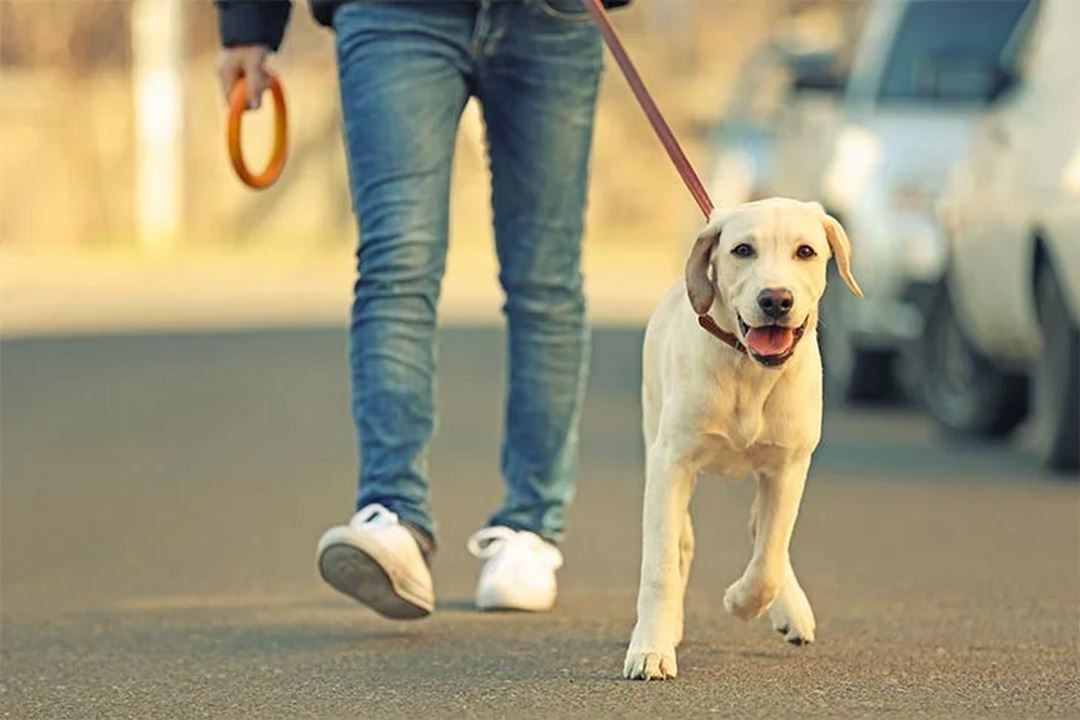Find effective Labrador Retriever training tips for beginners. Enhance your training skills and foster a strong bond with your Lab using expert techniques.
Friendly, active, and outgoing, Labrador Retrievers consistently rank among the most popular dog breeds. With their lovable nature, they are a favorite choice for many families. However, if you are a first-time Labrador owner, there is a lot to learn, especially during the initial months of your puppy’s life.
To help you prepare for this exciting journey, we consulted with seasoned breeders Laura Thompson from Highland View Labrador Retrievers and John Miller from Summit Labs, both of whom have over 35 years of experience.
Labrador Retriever Training Tips: 8 Weeks
At around eight weeks, Labrador puppies are ready to leave their mother and join their new families. Here’s what to expect as you welcome your Labrador Retriever into your home:
- Puppy-Proofing Just as we baby-proof our homes in preparation for a new baby, you should puppy-proof your home before bringing your new Labrador home. “Chewing is a major concern during the first year,” says Miller. Be sure to stock up on chew toys as a healthy alternative to household items your puppy might decide to chew on instead. Keep items you don’t want your dog to chew out of reach and out of sight. Additionally, learn about foods and plants that are toxic to Labradors, and move any harmful houseplants away from areas where the puppy will roam.
- Socialization “Socialization is key,” says Thompson. Labradors are people-oriented dogs. If you don’t plan to spend a lot of time with your dog, you might want to consider a cat instead. Introduce your new Labrador to other dogs in the household carefully, if applicable. “Ensure the older dog knows it’s still the top dog by feeding them first, then the puppy, ideally in a crate,” advises Miller. Supervise their interactions to ensure the older dog is gentle with the puppy.
- Grooming Both breeders emphasize starting good grooming habits early. Keep your Labrador puppy’s nails trimmed (refer to our guide on safe nail trimming). Thompson suggests incorporating teeth brushing and ear cleaning into a weekly routine along with nail trimming. Labs are relatively low-maintenance in terms of baths, requiring only monthly washes.
- House Training and Light Activities Training your puppy to be house-trained will take effort, but Labradors are eager learners. “Labs love to please and learn quickly,” says Miller. To potty train, take your puppy outside immediately after they wake up and every half hour, using treats to reward them. Initially, avoid strenuous activities and focus on fun games like fetch and short leash walks. “Puppies tire quickly, so limit walks to about five minutes per month of age and avoid dog parks at this stage,” advises Thompson.
Key Milestones: 3–6 Months
These early months are filled with significant learning and development.
- Learning to Swim Thompson starts teaching her Labs to swim around three months of age. “Puppies need to be shown how to swim safely, not just thrown into the water,” she explains.
- Using Stairs Miller suggests waiting until your puppy is about four months old before allowing them to use stairs.
- Obedience Training Classes At around four months, after your puppy has received their first round of vaccinations, you can start formal obedience training. Ensure any obedience school requires puppies to be up-to-date on vaccinations. “Puppy classes are valuable for socialization and learning good manners,” Thompson says. Visit the class beforehand to ensure it’s well-organized and safe.
- Teething Expect your Labrador’s puppy teeth to become loose and fall out around four to five months. “Check the mouth to detect any problems if a baby tooth isn’t being properly replaced by the adult teeth,” Miller suggests. Occasionally, a baby tooth may need to be removed.
- Longer Leash Walks Until six months, keep leash walks short. After this, you can gradually extend the length of the walks, but still avoid running or jogging.
Key Milestones: 7+ Months
This period may coincide with your dog reaching sexual maturity.
- Sexual Maturity There is no specific age at which Labrador Retrievers reach sexual maturity. Miller notes that this milestone can occur as early as seven months or as late as nearly two years. Before this stage, discuss spaying or neutering options with your breeder and vet. Recent studies suggest waiting until large dogs’ growth plates close, which may be around 18 months or older. Diapers can be an option during this time.
Labrador Retriever Training Tips: 12 Months
Congratulations on your puppy’s first birthday!
- Food Transition It’s time to transition your Labrador from puppy food to adult dog food, following the guidelines provided on the food label.
- Jogging Now that your Lab is fully grown, it’s safe to start jogging with your dog. Enjoy the journey!
Unlock effective Labrador Retriever training tips for first-time owners, you’ll set a strong foundation for a happy and healthy life with your Labrador Retriever.



